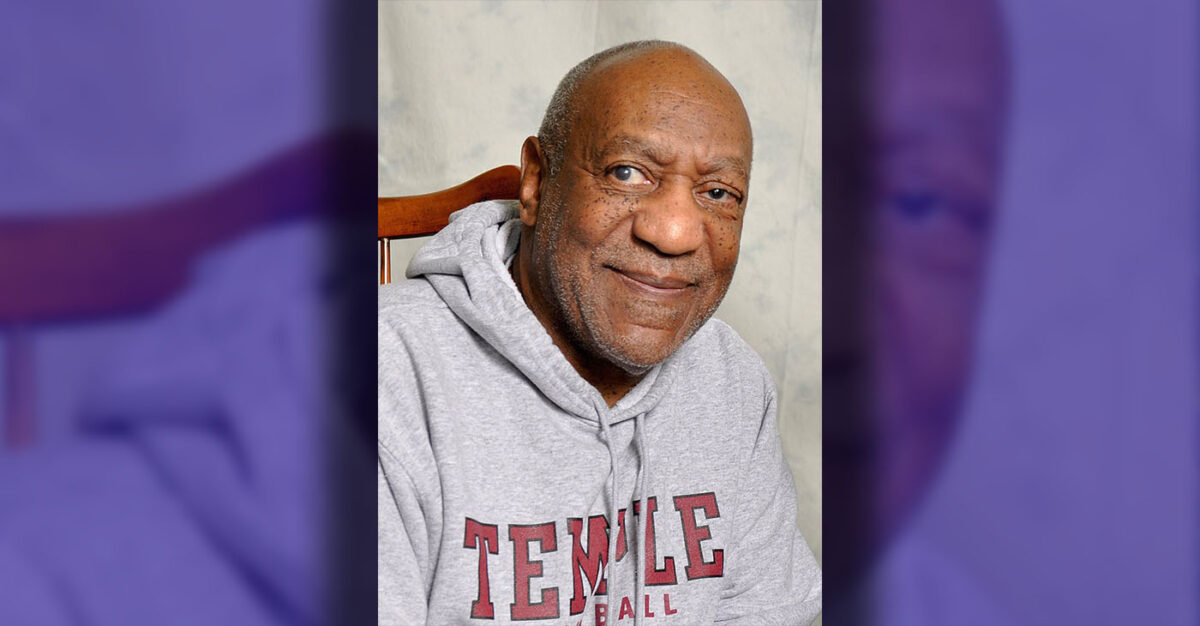Bill Cosby’s Candid Reflections: Beyond the Pants-Up Controversy
By Stacy Brown
NNPA Senior National Correspondent
In a recent interview with Black Press USA’s “Let It Be Known,” Bill Cosby made headlines for his thoughts on the ongoing conversation regarding the representation of young Black men in America. His oft-criticized comment urging young Black men to “pull their pants up” took on a deeper significance as he framed it within a troubling narrative. According to Cosby, the issue transcends mere fashion; it’s interwoven with a systemic exploitation that thrives on negative portrayals of African Americans.
The Image of Young Black Men
Cosby emphasized that the portrayal of Black men—characterized by sagging pants, untied shoelaces, and a general lack of ambition—serves a more insidious purpose. “This is not just about style; this is about survival,” he noted during the interview. He pointed to societal forces that deliberately amplify these negative images, akin to how drugs were introduced into communities. “They are putting us under siege,” he stated, linking these representations directly to the alarming rates of incarceration among Black men.
Incarceration and Its Consequences
The ex-television star made a stark observation: “No prisoners had or were allowed to have their pants around the crack.” For Cosby, this underscored how societal standards often deemed acceptable for young Black men are at odds with those applied to incarcerated individuals. “They would rather have a picture of a youth doing nothing… not studying, and having his pants lowered,” he explained, illustrating a troubling dichotomy between societal expectations and reality for many young men.
A Personal Journey Through Incarceration
Cosby’s remarks marked his first extensive discussion about his prison experience. He served nearly three years at Pennsylvania’s SCI Phoenix for a 2018 conviction that was later overturned. He recounted the pressure he faced to admit guilt, saying, “My lawyer came to me and said, the district attorney is offering you to sign a paper saying you did it.” This revelation aids in contextualizing his steadfastness and refusal to compromise his integrity even in the face of imprisonment.
Life Inside SCI Phoenix
Describing his initial entry into SCI Phoenix, Cosby said, “I could not see.” The stringent regulations that awaited him were harsh, including strip searches and the cold isolation of solitary confinement. He later joined a unit populated by serious offenders, including those convicted of murder and sexual crimes. Yet, amidst the adversity, Cosby sought to uplift others, becoming a speaker in programs like “Mann Up” and “Men of Valor,” emphasizing faith and personal responsibility.
The Moment of Release
The day of his release was poignant. “A resident… said, Mr. Cosby, Mr. Cosby, you have to wake up. You can go home,” he recalled. As he was wheeled out of the prison, the applause from fellow inmates echoed in his ears, a surprising acknowledgment of both shared struggle and hope. This moment was not just about Cosby but also represented the collective yearning for liberation and dignity among incarcerated individuals.
Addressing the NBC Rumor
Cosby also revisited long-standing rumors regarding his supposed attempts to purchase NBC, stating, “I have no evidence to that effect.” He recounted an unfruitful meeting with potential financiers, which only fueled media speculation. “Media was the most egregious,” he remarked, highlighting how the narrative surrounding his life seemed designed to undermine his legacy and overshadow his achievements.
The Impact of “The Cosby Show”
Despite the controversies, Cosby remains proud of the cultural impact of “The Cosby Show.” He pointed out the show’s portrayal of a middle-class Black family, challenging stereotypes and offering more nuanced representations. He recounted moments where network executives sought to alter the show’s political messages, underscoring the pushback against portrayals that encapsulated the complexities of Black life.
Wealth, Family, and Health
Cosby’s reflections on wealth versus health revealed a deeper philosophy. “We are rich, but we’re not wealthy,” he explained, emphasizing the difference in lifestyle and responsibility. He credited his wife, Camille, for her role in his health, suggesting that a diet focused on clean eating contributed to his well-being even in his later years.
Protecting Vulnerability
While incarcerated, Cosby emphasized Camille’s protective instinct. Knowing all calls were monitored, she refrained from showing any vulnerability, reflecting the couple’s solidarity even in adversity. This loyalty underpins a relationship built on trust and resilience.
The Struggle to Preserve Black History
In a poignant warning, Cosby condemned efforts to erase Black history from educational institutions. “If you remove those things, you remove the spirit of our achievements,” he articulated, citing significant figures and milestones as vital to understanding the narrative of Black identity in America.
A Message to the Black Community
As he concluded the interview, Cosby delivered a powerful message to the Black community: “We are not losers yet.” Citing historical injustices, he aimed to inspire resilience and respect for the struggles that have shaped the Black experience in America.
Cosby’s insights serve as a lens through which to examine broader societal issues, from representation to historical erasure, all while emphasizing the importance of cultural identity and personal integrity.



